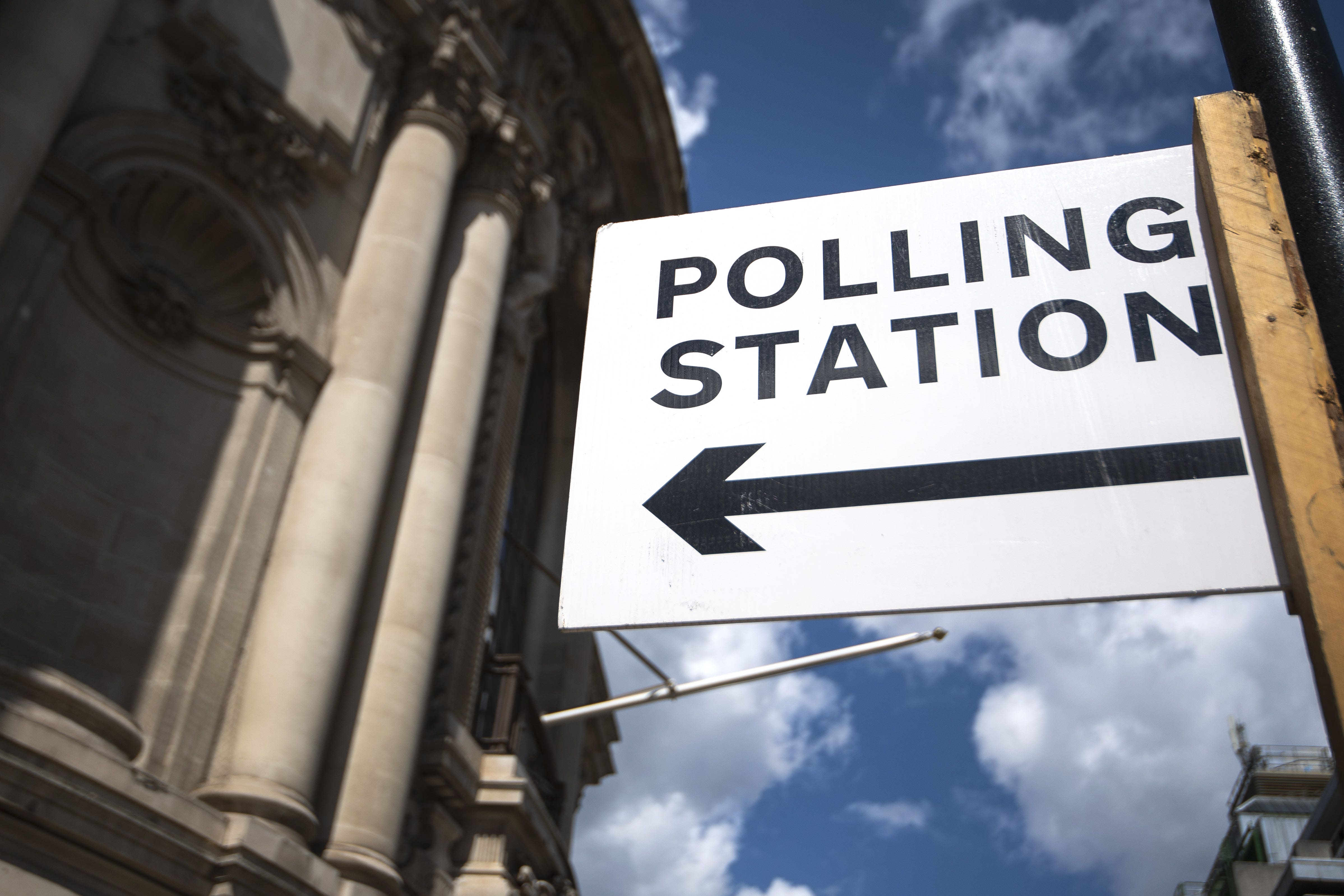How will new voting rules affect the local elections?
Many voters will face new rules on 2 May, including a requirement for voter ID and the end of second-preference votes, writes John Rentoul


The Elections Act 2022 made two important changes to voting in Great Britain. These came into effect last year, but there will be millions of voters who will come across the new rules for the first time in the local elections next week.
The first change is the requirement to show an approved form of photo identification at the polling station. This has long been required in Northern Ireland, but is now the law in the rest of the UK, and will be a requirement at the coming general election, which must be held by January next year.
The other change is the end of the supplementary vote system in mayoral and police and crime commissioner elections. People used to have two votes in these elections, a first preference and a second preference. Now we have a single vote, as in parliamentary and local council elections, and the candidate with the most votes wins – there are no second preferences for eliminated candidates to count, even if the winner secures fewer than 50 per cent of the votes.
What difference does voter ID make?
David Cowling, the former BBC analyst, collected figures from last year’s local elections, and found that, on average, fewer than 1 per cent of voters were turned away for lack of photo ID. Of these, more than half came back later with the right ID, so the number of people who were not allowed to vote was small.
Such figures cannot include people who were discouraged from going to the polling station in the first place, however, and they cannot tell us what political effect the change has had. Research on that has been inconclusive. Many of the government’s critics claim that the aim of the policy is American-style “voter suppression” – an attempt to make it harder for poorer and disadvantaged people to vote, on the assumption that they are more likely to be Labour voters.
However, it is just as likely that it suppresses the vote of the elderly, who are less likely to have photo ID and more likely to vote Conservative.
It may be that the political effect is negligible, but I have argued that if the law prevents one person from voting who is entitled to vote, that is one person too many.
What about the end of the supplementary vote?
So far, this change has affected voters in Bedford, Leicester, Mansfield and Middlesbrough, who took part in mayoral elections last year. Next week, it is the turn of all voters in London, Liverpool, Manchester, Salford, South Yorkshire, Tees Valley, the West Midlands and West Yorkshire, and new mayoralties for the East Midlands, the North East and York & North Yorkshire. Plus those electing 37 police and crime commissioners across England and Wales.
This change has a definite effect in helping the Conservatives. We saw that last year when Tom Wootton, the Tory candidate, defeated Dave Hodgson, the incumbent Liberal Democrat, as mayor of Bedford by just 145 votes. Under the old rules, Hodgson would have held on with the help of the second preferences of Labour voters.
Cowling’s research confirms that the change would have benefited the Tories in the past, too. In the 17 elections in which the candidate who came top of the first-preference votes was defeated by another candidate after second preferences were counted, the Conservatives lost out six times and Labour four (independents and Plaid Cymru gained).
Will the changes save the Tories from disaster?
The changes are misguided and partisan, in my view, but they won’t make much difference. The one election where the end of the supplementary vote could have had a big effect is the one for London mayor.
Sadiq Khan was briefly worried that he might be vulnerable to a challenge from an independent candidate such as Jeremy Corbyn. Not that Corbyn was ever likely to win, but he might have taken enough votes from Khan to hand the election to the Tory candidate – with no second preferences, it would be easier for a relatively unpopular candidate to win if their rivals were split.
In the end, though, Corbyn polled poorly and decided not to stand; while the Tories chose Susan Hall, whose campaign has not gathered momentum, as their candidate.






Join our commenting forum
Join thought-provoking conversations, follow other Independent readers and see their replies
Comments